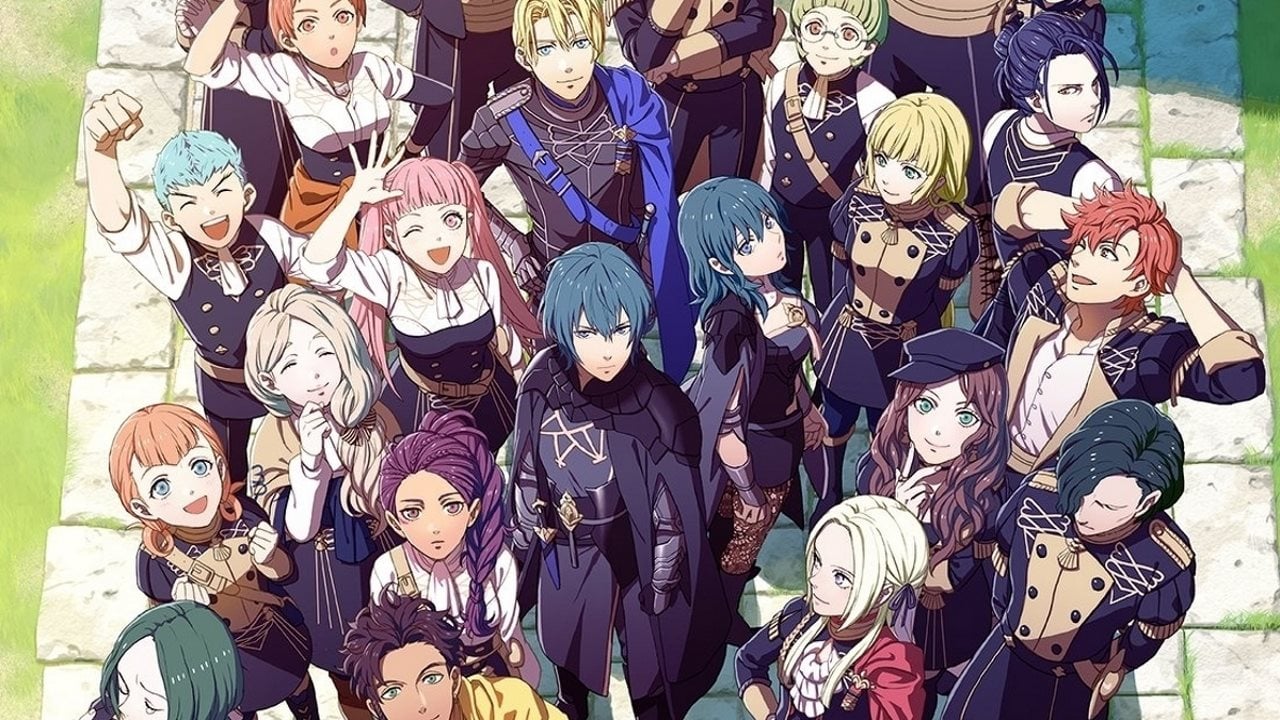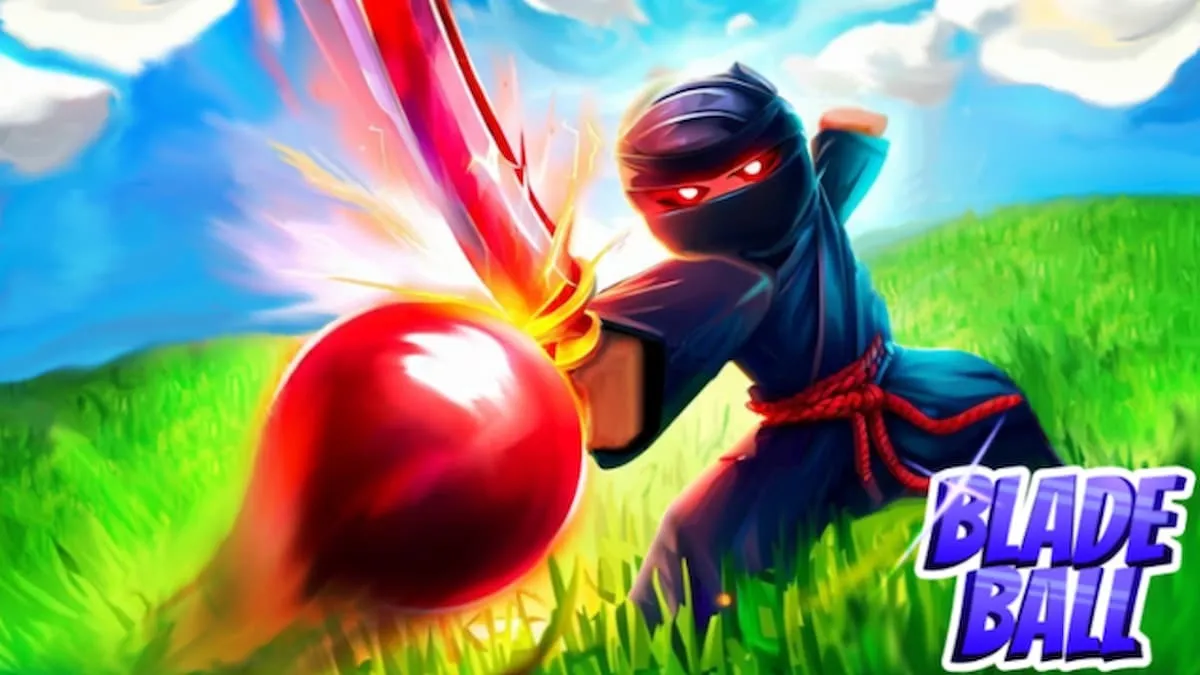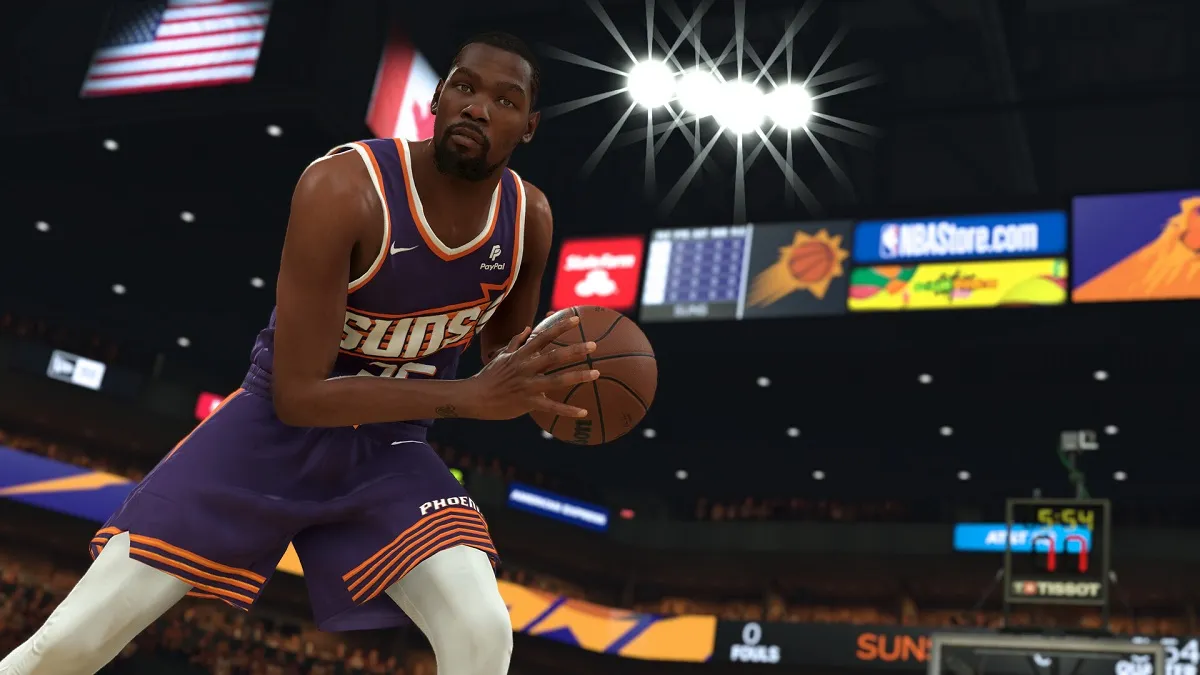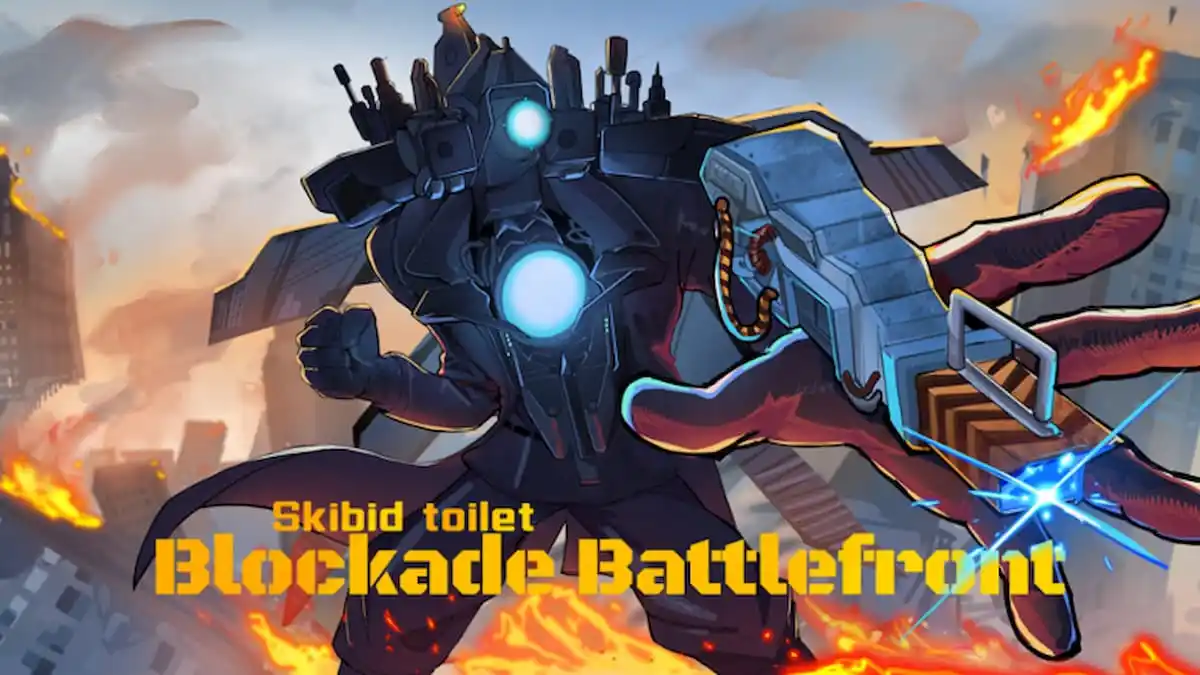Fire Emblem: Three Houses leaves you with an incredible amount of freedom when choosing what classes your units will advance to. It’s true that each class has its own benefit and can find a spot to fill in any roster, depending on the setup.
However, there are some classes that rise above others in Three Houses. This guide picks them out and explains everything you need to know about them. Beginner classes are excluded here, just because you don’t really get much from them and are limited in choice anyway.
Some Considerations
Before getting into the nitty-gritty with class details, it’s important to keep a few things in mind. Don’t forget class abilities are tied to that class; the only ones you can take with you are the Mastery abilities and Combat Arts, which obviously require you to master said class.
Skills learned aren’t tied to class. If you have a Brawler with level B Faith, that Brawler will learn white magic even if he/she can’t use it in that class.
Classing up doesn’t necessarily mean big stat increases.The important things to consider are, instead, stat growth rates, since those determine how your unit will develop over time.
Recommended Intermediate Classes
Lord
Requirement(s)
- Edelgard/Dimitri/Claude only
- Sword D+
- Authority C
Facets
- Charm — Adjacent allies deal extra 3 points of damage during combat.
- Res+2 (Mastery Ability) — Increases resistance by 2
- Subdue (Mastery Combat Art) — Leaves the enemy with 1HP
- Skill Bonuses: Sword+2, Authority+2, Lance+1
The Lord isn’t a spectacularly useful class on its own, but it does a few very vital things. The first is that it keeps your roster from being full of mercenaries or archers by letting you put your House Leader in a unique role.
The Charm ability is definitely worthwhile. Even if you’re playing on Casual, chances are you always have at least one unit around your House Leader to provide support boosts. Charm rewards you for protecting the leader and lets all nearby units dish out more damage.
Subdue is okay if you’re trying to train weaker units, but Res+2’s importance can’t be overstated. Resistance is almost always the biggest weak point of a main character in Fire Emblem, and Three Houses throws a lot of magic users your way. Every little bit helps.
The three House Leaders each have two other unique classes that unlock at certain points in the story. These, including names, could be seen as spoilers, but the recommendations about the Lord class apply. Each of these unique classes offers benefits that affect the entire army and play to that Leader’s strengths, so they’re worth pursuing.
Mercenary
Requirement(s)
- Sword C
Facets
- Vantage (Mastery Ability) — If a unit with Vantage has less than 50% HP and is attacked, unit attacks first
- Skill bonuses: Sword+2, Axe+1
The Mercenary might be the standard class when you don’t know what to choose, but it’s a good one nonetheless. Its growth stats favor strength and speed, which is a good combination indeed. Higher speed means a chance to strike twice, and it goes for your opponents, too.
Most important is the Vantage ability. It might take a while to unlock it, but it’s a lifesaver in situations where you don’t want to use Divine Pulse, but left a unit in a potentially deadly situation.
The only drawback is one common to most physical-oriented classes: low resistance growth rate.
Should you choose Mercenary, it’d be a good idea to supplement by setting Bow as one of your weekly goals. That way, you’ll meet the requirements for the Assassin class without having to divide your time between using bows and swords. If you did use Bows, though, the Mercenary is a better choice over the Archer, whose stats leave something to be desired in the Strength department.
Brawler
Requirement(s)
- Brawl C (Male only)
Facets
- Unarmed Combat — lets units fight without weapons. The class mastery bonus is the same thing
- Skill bonus: Brawl +2, Axe+1
Assuming you aren’t raising your female units’ brawl stat, the Brawler is the better choice over Brigand. Brigand gets a strength boost and a strength-oriented class mastery bonus, but the Brawler has higher Dexterity and Speed stat growth rates. Those two are arguably more important, because a strong hit is useless if it misses or results in two counter-attacks.
Dark Mage
Requirement(s)
- Reason C
- Dark Seal (Male only)
Facets
- Miasma Delta — Lets unit cast Miasma Delta or, if the spell is already available, increases the number of times it can be used
- Heart Seeker — Avo-20 for adjacent foes
- Poison Strike (Mastery ability) — If a unit lands a hit during combat, foe loses 20% HP after combat
- Skill bonus: Reason+2, Faith+1
The Dark Mage is the best of the three Intermediate magic classes — and the biggest pain to unlock. Three Houses has four Dark Seals you can find over the game’s course, and none of them are easy to get. You’ve probably seen the first one already: the Death Knight has it in the assassination plot chapter.
Still, should you obtain one, the Dark Mage’s abilities and mastery ability make it the most versatile magic user. It grants non-mage but Magic proficient types like Lorenz the ability to use Dark Magic, deals extra damage to foes, and makes them easier to hit, all while improving the Magic stat growth rate at a higher pace than the Priest.
Interestingly, the Dark Mage is a better choice than the Dark Bishop later on. The Dark Bishop gets the same abilities as the Dark Mage with only a moderately useful mastery ability and the Mage’s mastery ability thrown in for good measure.
Mage
Requirement(s)
- Reason C
Facets
- Fire — Lets unit cast Fire or, if the spell is already available, increases the number of charges
- Fiendish Blow (Mastery ability) — +6 Magic when unit initiates combat
- Skill bonus: Reason+2, Faith+1
If you don’t feel like messing with the Dark Seals, the regular Mage is the next best choice. It’s Magic growth rate is 10, to the Priest’s 5, plus the mastery ability is more useful for offensive combat.
Each house has at least two default magic users, which you’ll be bringing with you to battle until you recruit other units.
They should both be Mages. That way, you can alternate between attacking and assisting as needed. If you’re concerned about raising Faith levels, just set those as goals and focus on improving them via instruction as well.
Pegasus Knight
Requirement(s)
- Lance C
- Flying D (Female only)
Facets
- Canto — Lets unit take additional, unused movement after taking an action
- Avo+10 — Increases Avoid
- Darting Blow (Mastery ability) — +6 Attack Speed if unit initiates combat
- Triangle Attack (Mastery Combat Art) — Requires three flying units adjacent to an enemy
- Skill bonus: Lance+2, Flying+2, Sword+1
The Pegasus Knight, or Peg Knight, tops the Cavalier as the better of the two mounted Intermediate classes. It might not get the strength stat growth increase the Cavalier does, but it does get a Speed boost and has no negative stat growth rates. That means no stat reductions when you change classes.
Canto is very useful for darting short distances for attacks and then retreating out of harm’s way. Just be mindful of the flyer’s weakness to arrows and the fact that most of the enemy archers have the +1 range ability for their attacks.
If you have a female unit with good strength already, like Leonie or Ingrid, the extra Speed growth rate combines stronger hits with more of them. In other words, they could end up being the most powerful members of your roster as Pegasus Knights.
Recommended Advanced Classes
Swordmaster
Requirement(s)
- Sword A
Facets
- Swordfaire — Attack+5 when using a Sword
- Sword Crit+10 — Critical hit rate goes up by 10 when using a sword
- Astra (Mastery Combat Art ) — Attacks five times at 30% the usual strength
- Skill bonus: Sword+3
The Swordmaster is one of the game’s best classes and certainly one you want to focus on at the Advanced tier. The sword bonuses easily outshine the Hero’s abilities, plus the Swordmaster’s growth rates focus on Strength and Speed. Unless you’re using a unit with frail defense, this means you’ve got a ready-made frontline monster to hold its own and push through the enemy lines.
Astra is also one of the best Combat Arts for dealing higher damage rates, though it will blow through your weapon durability if you use it too much.
Assassin
Requirement(s)
- Sword B
- Bow C
Facets
- Swordfaire — Attack+5 when using a Sword
- Locktouch — Can open doors and chests without a key.
- Stealth — Unit is less likely to be targeted
- Lethality (Mastery ability) — Could instantly kill a foe (activation depends on Dexterity x 0.25%)
- Assassinate (Mastery Combat Art) — Instantly kills a foe
- Skill bonus: Sword+3, Bow+2
The Assassin is another of the game’s best classes. While you don’t get any Strength boost in the growth stat department, you do get rates twice as high for Dexterity and Speed, so you’ll be landing more hits, more often. The mastery skills don’t need much explanation; they’re incredibly powerful.
Locktouch’s usefulness is complemented by Stealth, since you can push your Assassin unit forward without worrying as much about being targeted. Stealth and higher speed also makes Assassin a good class for units with lower natural defense. You can dish out the damage and are more likely to avoid repercussions.
Paladin
Requirement(s)
- Lance B
- Riding B
Facets
- Canto — Lets unit take additional, unused movement after taking an action
- Lancefaire — Attack+5 when using lances
- Terrain Resistance — No negative effects from terrain
- Aegis (Mastery ability) — Could reduce bow and magic damage by half (activation depends on Dexterity)
- Skill bonus: Lance+3, Riding+3, Sword+2
The Paladin makes up for the Cavalier’s shortcomings in all ways. It gets stat growth rate boosts in all categories except Magic and Speed (which still gets a reduction). It’s a naturally stronger unit compared to the Wyvern Rider and doesn’t have the weakness to arrows and magic associated with the latter.
Canto and Terrain Resistance, plus higher defense and strength, make the Paladin a highly useful class for forging ahead and clearing a path for other units or holding the frontline. That goes double once you learn Aegis.
If you don’t use the Cavalier at the Intermediate level, just use seminars and goals to quickly raise your Riding level.
Sniper
Requirement(s)
- Bow A
Facets
- Bowfaire — Attack+5 when using a bow
- Bowrange+1 — Increases the range of bow attacks by 1
- Hunter’s Volley (Mastery Combat Art) — Strikes twice, exclusive to Snipers
- Skill bonus: Bow+3
The Sniper is a bit of an anomaly in this list because it doesn’t have too much going for it — but what it does have is worthwhile.
Bowrange+1 is one of the best skills for any bow user for obvious reasons. Combined with Bowfaire plus the Sniper’s higher Luck growth rate, you’ve got the perfect class for units like Ignatz with high strength but low defense. They can deal high amounts of damage up to three or four squares away without dealing with counter attacks.
Grappler
Requirement(s)
- Brawl A (Male only)
Facets
- Fistfaire — Attack+5 when using brawling.
- Unarmed Combat — Can fight without a weapon.
- Tomebreaker (Mastery ability) — Hit and Avoid +20 when attacking magic users
- Fierce Iron Fist (Mastery Combat Art) — Attacks three times, exclusive to the Grappler
- Skill bonus: Brawl+3
The Grappler is a class worth sticking with to get the Tomebreaker ability, which perfectly complements the Brawler’s high strength and low resistance.
Like the Brawler in the Intermediate tier, the Grappler gets high Strength, Dexterity, and Speed growth rates, making it again more useful than the one-sided Warrior.
Warlock
Requirement(s)
- Reason A
Facets
- Black Tomefaire — Attack+5 when using black magic
- Black Magic Uses x2 — Doubles the number of times you can use each black magic spell
- Bowbreaker (Mastery ability) — Hit/Avoid +20 when using magic against bow users.
- Skill bonus: Reason+3, Faith+2
There’s not too much to say about the Warlock, other than it’s a very strong unit. It offers more and more useful abilities than the Dark Bishop and turns your Reason-based magic user into a highly efficient offensive unit. More power and more times to take advantage of it definitely outweigh the Bishop’s Renewal mastery ability.
Recommended Master Classes
The Master tier of classes is a difficult one to choose the best from. Every class is strong and offers distinct benefits depending on your playstyle, but some stand out above the others.
Mortal Savant
Requirement(s)
- Sword A
- Reason B+
Facets
- Swordfaire — Attack+5 when using a sword.
- Black Tomefaire — Attack+5 when using black magic.
- Warding Blow (Mastery ability) — Resistance+6 when unit initiates combat
- Skill bonus: Sword+3, Reason+3
The Mortal Savant is a physical class that actually lets you use magic as well, making it one of the two best end classes for all reason-based magic users. While it might not be the most useful for those with naturally lower Strength initially, that stat does grow at a steady pace. Plus using a Sword grants an attack bonus anyway.
There are several units with high strength and decent magic that would fit this class, including Byleth.Just don’t use a slower unit, since the Mortal Savant gets a small blow to Speed.
Dark Knight
Requirement(s)
- Lance C
- Reason B+
- Riding A
Facets
- Black Tomefaire — Attack+5 when using black magic.
- Canto — Lets unit take additional, unused movement after taking an action
- Dark Tomefaire — Attack+5 when using dark magic
- Seal Resistance (Mastery ability) — Foe gets Res-6 for one turn after unit attacks
- Skill bonus: Lance+3, Riding+3, Reason+3
The Dark Knight is the other end class for all offensive magic users. The added mobility granted by riding a horse, plus the increased attack for both kinds of offensive magic, outweigh the slight speed reduction all horse units get at this level.
Additionally, there’s more offensive black and dark magic than there is offensive white magic, making the two Tomefaire skills more useful than the Holy Knight’s White Tomefaire skill. You also get a slight increase for the Strength growth rate, making lance use feasible as well, should you need it.
War Master
Requirement(s)
- Axe A
- Brawl A (Male only)
Facets
- Fistfaire — Attack+5 when using Brawl-based weapons
- Axefaire — Attack+5 when using an Axe
- Crit+20 — Increases critical hit rate by 20
- Quick Riposte (Mastery ability) — Guaranteed follow-up attack if a unit’s HP is greater than 50% and foe initiates combat
- War Master’s Strike (Mastery Combat Art) — Effective against all enemies and has a high Hit rate
- Skill bonus: Axe+3, Brawl+3
It’s easy to see from the skill list alone how useful the War Master can be if you’ve focused on Brawl skills in any of your male units.
All attacks will be enhanced, with improved critical hit rates, strong counter skills once you master the class, and high HP, Strength, and Dexterity growth rates. As physical units go, it’s hard to beat this one.
Gremory
Requirement(s)
- Reason A
- Faith A (Female only)
Facets
- Black Magic Uses x2 — Increases how much each black magic spell can be used
- Dark Magic Uses x2 — Increases how much each dark magic spell can be used
- White Magic Uses x2 — Increases how much each white magic spell can be used
- Defiant Mag (Mastery ability) — Mag+8 when HP is less than 25%
- Skill bonus: Reason+3, Faith+3
The Gremory is the ultimate magic user, but is limited to female units only. Fortunately, there are a lot of magic-proficient female units in Three Houses, so you’re bound to have at least one unit that would be a good fit for this class regardless of the House you chose.
Growth rates favor Magic and Dexterity, so units like Marianne and Annette who can’t make good use of the Dark Knight or Mortal Savant’s physical skills would be ideal here.
Unique Class
Dancer
Requirement(s)
- Complete “The White Heron Cup” quest available in month 12.
Facets
- Dance — Allows targeted ally to move again
- Special Dance (Mastery ability) — Dancing also increases Luck, Dexterity, and Speed by 4.
- Skill bonus: Sword+2, Authority+2
The Dancer is a peculiar class. Only one character can be a Dancer — whichever one you choose for the quest mentioned above. However, Dancers don’t get any beneficial stat growth increases, except HP. Strength, Defense, and Resistance all take a small hit.
However, the Dance ability’s usefulness can’t be overstated. Whether you’re letting a healer assist another unit, moving a unit out of danger, or taking out another enemy, it’s always useful to grant an extra action to one of your party members.
Just note that while the Mastery ability affects dancing, the Dance ability is tied to the Dancer class and can’t be transferred to another.
—
Every class is viable in Fire Emblem: Three Houses, but the ones listed here offer the best skills, abilities, and growth paths of the bunch. While you’re working on meeting requirements and planning for your army’s future, check out our other Fire Emblem: Three Houses guides for help with skills, instruction, and more.







Published: Aug 5, 2019 04:25 pm